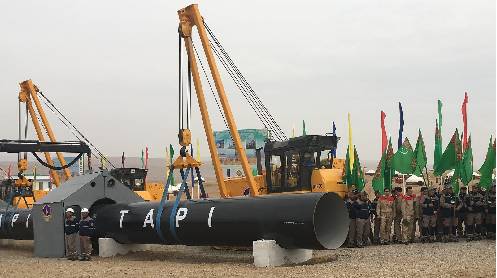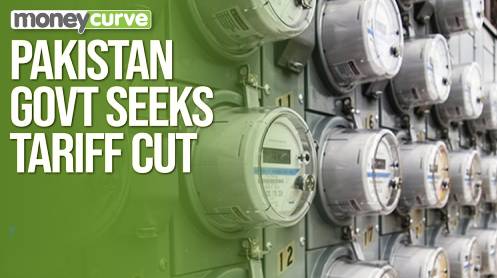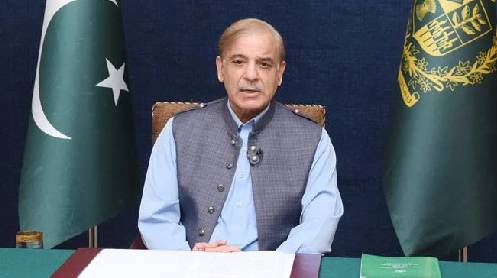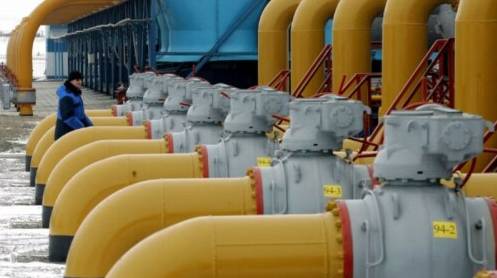Turkmenistan’s ambassador has voiced concerns regarding the prolonged delay in the implementation of the Turkmenistan-Afghanistan-Pakistan-India (TAPI) gas pipeline project, highlighting the urgency of advancing this critical energy initiative.
Despite the commercial deal signed decades ago by Turkmenistan, Afghanistan, Pakistan, and India for gas sale and purchase, progress on the TAPI pipeline has been stalled, causing apprehension, particularly for Pakistan, which faces recurring gas scarcity challenges.
In a meeting with Turkmenistan Ambassador Atadjan Movlamov, Petroleum Minister Dr. Musadik Malik reaffirmed Pakistan’s unwavering commitment to advancing the TAPI project. He emphasized the project’s significance as a flagship endeavor and pledged to uphold the partnership between the two countries.
The ambassador informed the minister about scheduled inter-governmental commission and working group meetings, indicating renewed efforts to push forward with the project. He described TAPI as a mutually beneficial venture for all stakeholders and invited Pakistan to participate in an upcoming energy forum hosted by Turkmenistan in Paris.
The TAPI project encountered delays previously, including discussions on gas price revision, with Pakistan seeking adjustments during the tenure of the Pakistan Tehreek-e-Insaf (PTI) government. However, progress on this front has been limited, raising concerns about the project’s future.
The prolonged delay has led to speculations about potential halts in the pipeline project, especially as Pakistan increasingly relies on LNG imports from countries like Qatar. Notably, Qatar, Iran, and Turkmenistan are competing for shares in the international gas market, with Qatar emerging as a significant LNG exporter to Pakistan.
The TAPI pipeline, supported by the USAID and backed by the United States, is crucial for diversifying gas supplies and establishing an energy corridor connecting multiple countries. Russia has also expressed interest in utilizing the TAPI pipeline for gas supply to Pakistan, India, and neighboring regions, highlighting the strategic importance of this transnational energy project.
Story by Zafar Bhutta





